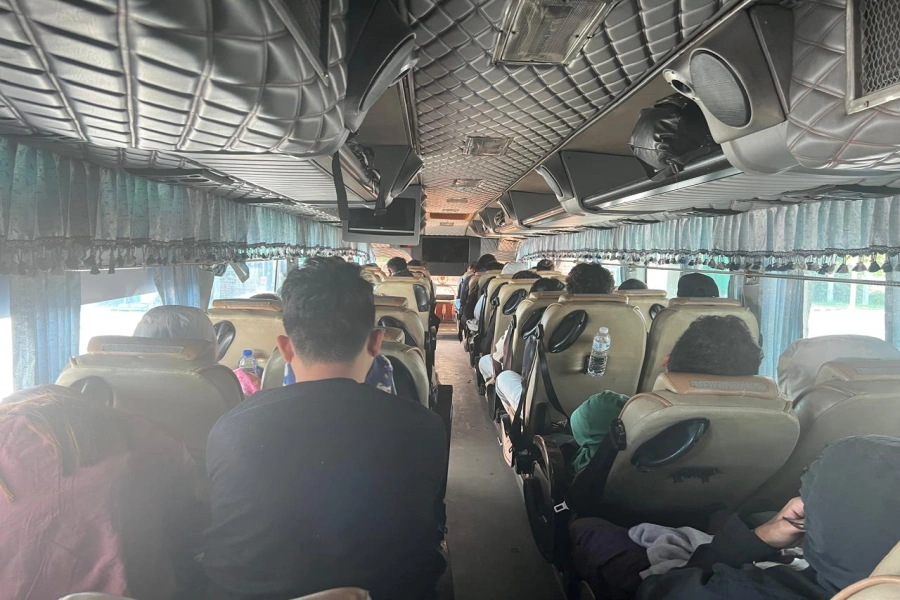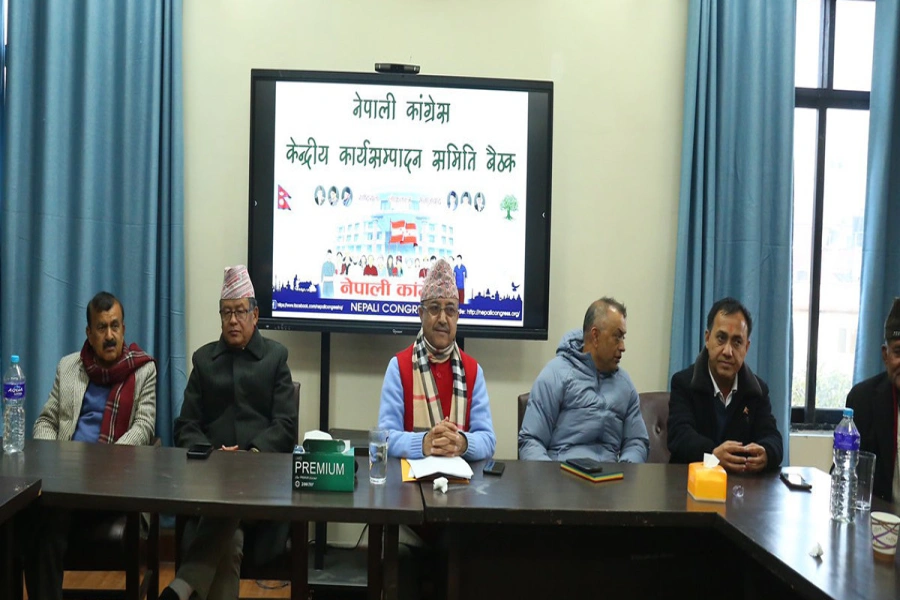Online gaming is a popular form of entertainment for many children, who can play with their friends or strangers from around the world. Online games can be fun, educational and social, but they also pose some risks that the parents and the children should be aware of. Some of these risks include cyberbullying, which is when someone harasses or insults another player online, and predators, who may try to lure children into inappropriate or dangerous situations. To protect children from these dangers, parents should monitor their online gaming activities, set rules and limits, and teach them how to be safe and respectful online.
Online gaming can be a fun and social activity for children, but it also comes with some potential risks. One of these risks is the threat of predators who may try to exploit, manipulate, or harm children through online games. Predators may use various tactics to target children in online games, such as: pretending to be a friend or a peer and gaining their trust over time, asking for personal information, such as name, age, location, school, or phone number, Sending inappropriate or sexual messages, images, or videos, requesting or demanding sexual favors or nude photos, threatening to expose or harm the child or their family if they do not comply, encouraging the child to meet them in person or to run away from home.
Into the world of games

These are some examples of how predators may target children in online games. Children should be aware of these dangers and learn how to protect themselves online. Parents and guardians should also monitor their children's online activities and educate them about online safety.
Cyberbullying and predators are serious threats to children's safety and well-being online. Parents can take some steps to protect their children from these dangers and help them develop healthy digital habits. Here are some tips: Talk to your children about the risks and consequences of online behavior. Explain what cyberbullying and predators are, how they can harm them, and what to do if they encounter them. Encourage your children to report any suspicious or abusive messages or requests to you or a trusted adult. Set clear rules and boundaries for online activity. Limit the time and devices your children can use to access the internet. Use parental controls and filters to block inappropriate content and websites. Review the privacy settings and security features of the apps and platforms your children use. Teach your children to never share personal information, photos, or videos with strangers online. Monitor your children's online activity and communication. Check their browsing history, social media accounts, and messages regularly. Use software or apps that can track and alert you of any suspicious or harmful activity on your children's devices. Respect your children's privacy but also explain why you need to monitor their online activity for their safety. Support your children's emotional and mental health. Cyberbullying and predators can cause anxiety, depression, low self-esteem, and other psychological problems in children. Be supportive and empathetic to your children's feelings and experiences online. Praise their positive behavior and achievements. Help them cope with stress and negative emotions. Seek professional help if needed.
Child safety is an important issue for the online gaming industry, as millions of children around the world play games on various platforms and devices. The industry has a responsibility to protect and respect the rights of children, as well as to provide them with positive and inclusive gaming experiences. Some examples of initiatives and policies aimed at protecting children are: UNICEF's recommendations for the online gaming industry on assessing impact on children, which highlight some of the key child rights considerations for online gaming companies, such as healthy game time, inclusion and representation, avoiding toxic environments, age-limits and verification, combatting grooming and sexual abuse, and managing commercial influence. The online gaming industry's shared commitment to safer gaming, which outlines three principles that guide the industry's efforts to create a safer gaming environment for all players include prevention, partnership, and responsibility. The LEGO Group's digital child safety policy sets out the company's approach to ensuring that its digital products and services are safe, secure, and respectful of children's privacy and data rights.
Online gaming can have both positive and negative effects on mental health. On one hand, it can provide entertainment, social interaction, and a sense of achievement. On the other hand, it can also cause addiction, isolation, and exposure to violence or cyberbullying. Parents can support their child's mental health while allowing them to participate in online gaming by setting clear and reasonable boundaries, monitoring their online activity and behavior, and encouraging them to balance their gaming time with other activities and responsibilities. Parents should also communicate with their child regularly and openly about their gaming experiences and any issues or concerns they may have.






































